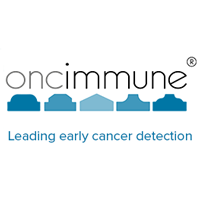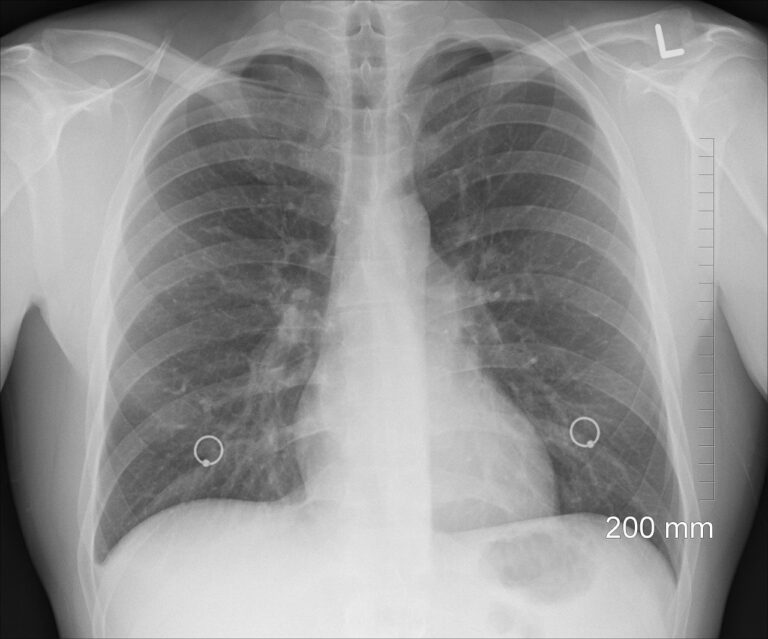Oncimmune Holdings plc (LON: ONC), a leading global immunodiagnostics group, today announced positive top line results from the Early Cancer Detection Test – Lung Cancer Scotland study. The ECLS study, believed to be the largest1 randomised controlled study for the early detection of lung cancer using biomarkers, recruited 12,210 patients each of whom were followed up for a minimum of two years.
The Company is pleased to report that the study met its primary endpoint showing that the use of EarlyCDT-Lung with subsequent X-ray and computerised tomography (CT) scan reduced the incidence of patients with late-stage lung cancer2 or unclassified presentation at diagnosis, compared to standard clinical practice.
The ECLS study, sponsored by the University of Dundee and NHS Tayside and co-funded by the Chief Scientist Office, Scottish Government and Oncimmune was headed by Principal Investigators, Professor Frank Sullivan, Professor of Primary Care Medicine at the University of St. Andrews and Dr Stuart Schembri, until recently consultant Physician in Respiratory and General Internal Medicine at NHS Tayside. A submission of the full ECLS study findings is being prepared for a leading peer-reviewed medical publication and is expected to be published in Q3 2019.
Additionally, a late breaking abstract is being prepared for presentation to The International Association for the Study of Lung Cancer (IASLC) World Conference on Lung Cancer on 7-10 September 2019. The IASLC 2019 is the world’s largest meeting dedicated to lung cancer and other thoracic malignancies, hosting more than 7,000 delegates from more than 100 countries3.
The Company is also pleased to report that preparations are underway in Scotland for the conduct of a phased population-based evaluation to assess the implications of diagnosis with EarlyCDT-Lung on survival and mortality in a real-world setting. The initial phase is expected to recruit up to 200,000 patients, each to be tested with EarlyCDT-Lung to be supplied by Oncimmune on negotiated commercial terms.
Dr Adam M Hill, CEO of Oncimmune commented: “The final results from the ECLS study, which I believe is the largest study of its type ever undertaken for early lung cancer detection, represents the culmination of over 16 years of research and development by Oncimmune’s scientists and our collaborators. I am particularly excited about the potential now for scalable impact using EarlyCDT-Lung in a cancer control evaluation in Scotland, expected to commence later this year as well as the ripple effect of this landmark study on lung screening programmes further afield.”
Details of the ECLS Study
ECLS is a randomised controlled study of 12,210 participants in areas of Scotland. Adults aged 50-75 who are at high risk of lung cancer and healthy enough to undergo potentially curative therapy (Performance Status 0-2) were eligible to participate. The intervention is the EarlyCDT-Lung test, followed by X-ray and computerised tomography (CT) scan in those with a positive test result. The comparator is standard clinical practice in the UK. The primary endpoint is the difference, at 24 months after randomisation, between the rates of patients with stage III, IV or unclassified lung cancer at diagnosis in the intervention arm and those in the control arm. There are also a number of secondary endpoints, details of which will be provided when the ECLS study is fully reported.






































